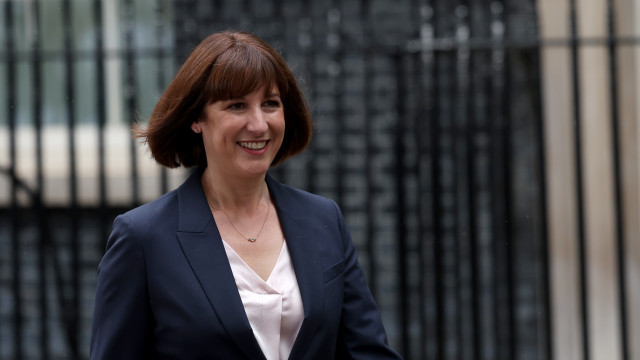Smaller local shops face cost rises of approximately £3,303 next year due the government’s Autumn Budget last week, analysis by Better Retailing suggests.
The figure is based on a ‘typical’ smaller independent convenience store receiving a full small business rates relief exemption with two-full-time (37.5h) and three part-time employees (16h), one of which is aged between 18 and 20.
The analysis revealed how each of the different factors in the budget affects the store and can help other shop owners to understand the impact on their own business and how to minimise it.
Minimum wage rise cost: £5,449
From 1 April the National Living Wage (NLW) for those aged 21 or above will increase by 77p to £12.21. The increase for those aged 18-20 is even steeper, a £1.40 rise to £10.
While still cheaper, this means the wage saving per year of hiring younger part-time staff falls from £2,363 to £1,839.
Pension changes cost: £699
Despite the NLW increasing, the £10,000 income threshold for pension auto-enrolment will remain frozen, dragging part-time staff aged 21 and above working 16 hours per week (pw) into the scheme for the first time.
Based on the 3% employer contribution, this will cost store owners £305 extra per year per 16 hour part timer. Business could potentially save money by contracting staff at 15 hours pw, which falls below the threshold.
NI and Employment Allowance saving: £2,845
The rate of employer National Insurance (NI) contributions is to rise from 13.8% to 15%.
The government is also slashing the salary threshold where employers need to start paying from £9,100 to £5000, meaning at NLW, it will catch any staff member working above eight hours pw.
However, for Better Retailing’s example store and many others, an increase in the Employment Allowance more than offsets the NI increases and actually lands the example store with a saving.
From 1 April, small businesses will now pay nothing on the first £10,500 of their NI contributions, compared with the first £5,000 now.
Stores already paying the upcoming NLW rate or above may even see their total staffing costs decrease after 1 April.
Amit Patel of Go Local Sandiacre in Nottingham falls into this category, saving him £554 per year.
Business rate relief slashed
While Better Retailing’s example store pays no rates as it is in England and has a rateable value (RV) below £12,000, those in England who don’t qualify for small business rates exemptions will face their bills more than doubling.
The retail, leisure and hospitality rate relief many stores with higher RVs rely on is being slashed from 75% to 40% from 1 April.
For a local shop with a £20,000 RV, this equates to a 140% increase from £2,495 to £5,988 per year.
Stores in other parts of the UK will have to wait until their nations’ devolved budgets to see if there are changes to their schemes.
Capital Gains Tax (CGT)
Retailers told Better Reailing they are worried about selling their stores after CGT rises in April.
Business asset disposal relief – covering the sale of shops and other businesses will fall, with the overall tax rate on profit from shop sales rising from 10% to 14% on 6 April and to 18% in April 2026, giving those looking to sell up a narrow window to avoid the higher tax.
Bay Bashir, of Go Local Extra Belle Vue Convenience in Middlesbrough, said: “I’m looking to retire and pass the store onto my sons, but CGT will probably make us not sell. How can you sell now because the tax is going to hammer everything?”
Alcohol and tobacco duty
The chancellor also announced changes to alcohol duty, which will see 1l bottles of 37.5% spirit lines increase by 43p, potentially squeezing margins on PMPs.
Duty hikes will also hit top beer lines, with a 4.6% ABV Stella Artois 500ml four-pack increasing 25p, and Strongbow equivalent four-packs seeing a similar rise as well.
Duty on all tobacco products will rise by 2% above inflation, with hand-rolling tobacco rising by an additional 10%, increasing a typical 30g pack by £2.16.
The good news
A temporary 5p cut in fuel duty introduced in 2022 survived the chancellor’s budget, with rates frozen for the year, a move likely to help keep inflation down and more cash in shoppers’ pockets.
Shoplifting also received a mention in the Autumn Budget, with more funds unlocked to train police in dealing with cases and for a crackdown on organised gangs targeting stores.



Comments
This article doesn't have any comments yet, be the first!